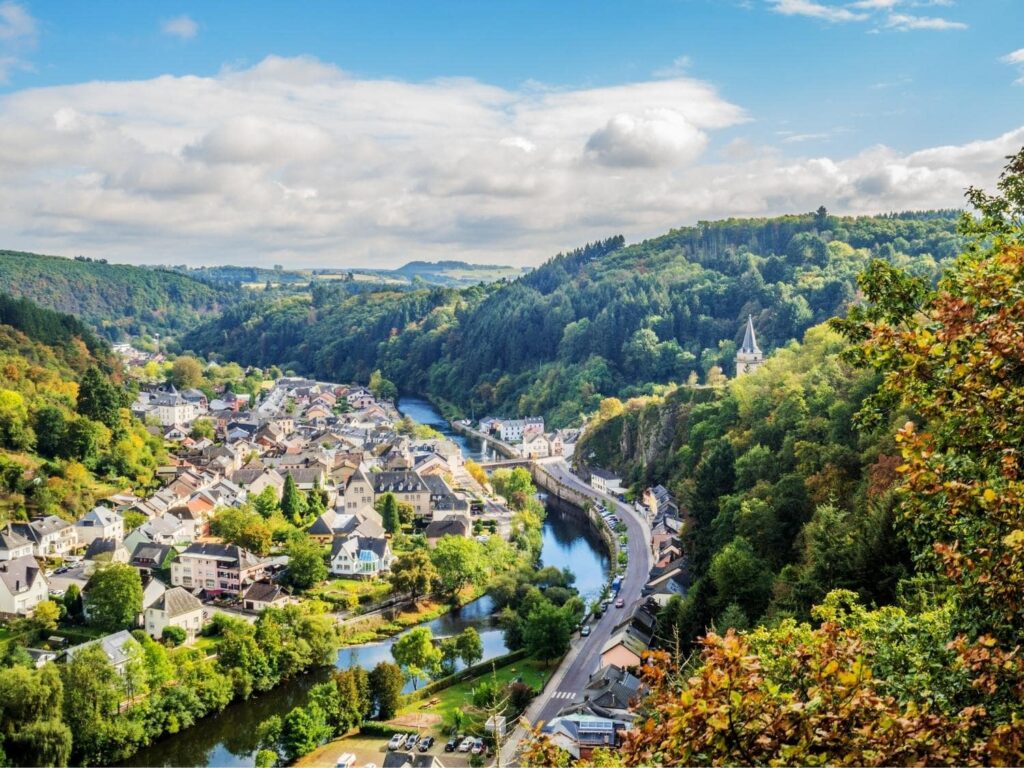Lithuania

The country uses LT as its short name and its capital city is Vilnius. The official language remains Lithuanian yet Christianity as Catholicism stands as its dominant faith. Lithuania embraces its 65,300 km² territory because it maintains its opposition identity while developing its Catholic heritage with traditional cultural strength.
The country’s natural environment includes both forest areas together with towns from medieval times. Experience Vilnius’ historic baroque architecture as well as the sacred place of Vilnius Cathedral for national religious vitality.
A respected religious shrine carries a famous Virgin Mary painting inside its doors of dawn.
The Curinian spit stands out because of its dazzling dunes together with exceptional beaches and distinctive natural design.
Holidaymakers who visit the Baltic Sea coast have a chance to discover amber among other things.
The second biggest metropolis of Lithuania showcases active artistic expressions together with numerous historic monuments and numerous cultural events.
The Dzukija National Park contains different forest areas and river systems featuring trails for hiking visitors as well as kayaking activities while showcasing natural sites.
Druskininkai, Country visitors can enjoy the stunning views spiritual Crosses of hills and historical insight of the lakeside Trakai Castle situated in medieval times.
Luxembourg

The abbreviated name of the country is LU while the capital serves as Luxembourg City or Leck. Luxembourg maintains primary official status for Luxembourgish, French, and German. The most common religion is Christianity.
Luxembourg exceeds in financial activities despite its small 2,586 km² size. As a medieval country that embraces multilingualism, it prioritizes European cooperation.
The main attractions in Luxembourg City consist of its fortress along with the grand ducal palace Vianden Castle and the vineyards of Moselle Valley.